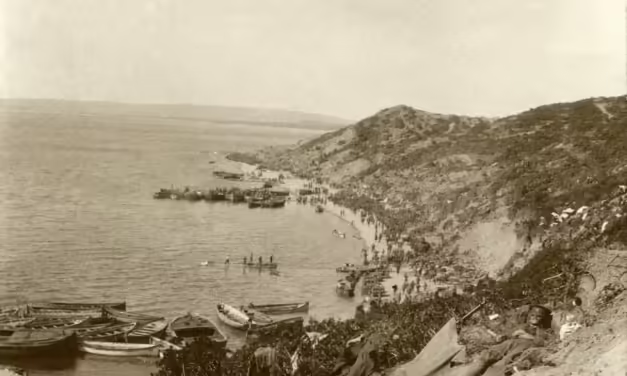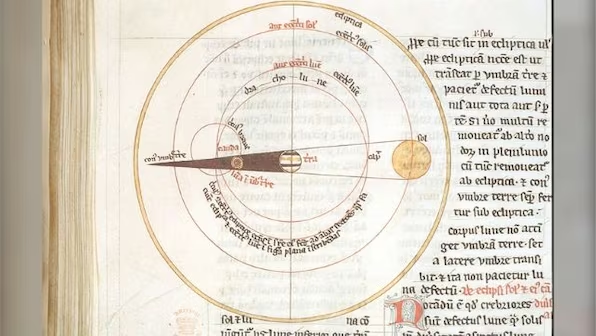The sources of Russian conduct
Reading time: 14 minutes
This essay examines the sources of Russian power and conduct from an historical, cultural and geopolitical perspective. It aims to help assessment of Russia’s future behaviour. My approach is based on the essay The Sources of Soviet Conduct written by the famous US State Department diplomat and leading Russian expert George Kennan (under the pseudonym ‘X’) in the journal Foreign Affairs in 1947. Kennan was struggling to get Washington to understand the threat from the Soviet Union so soon after the end of World War II, when the USSR had been an ally of the United States.
Read More












